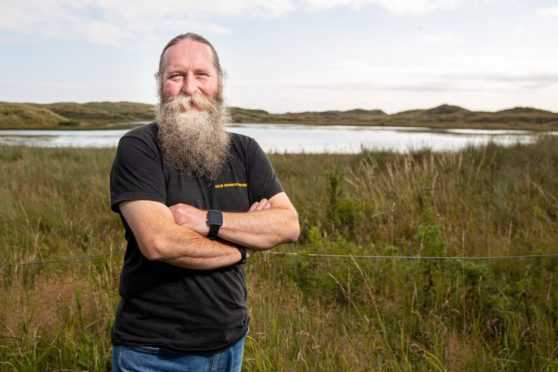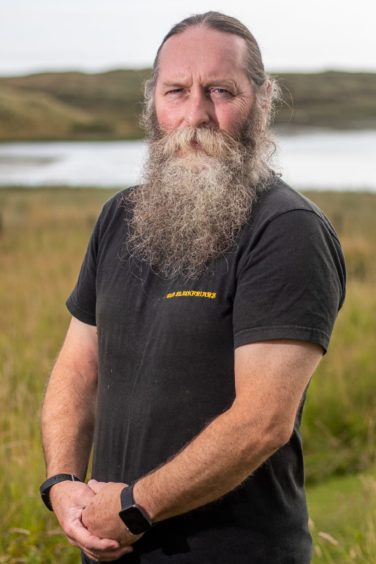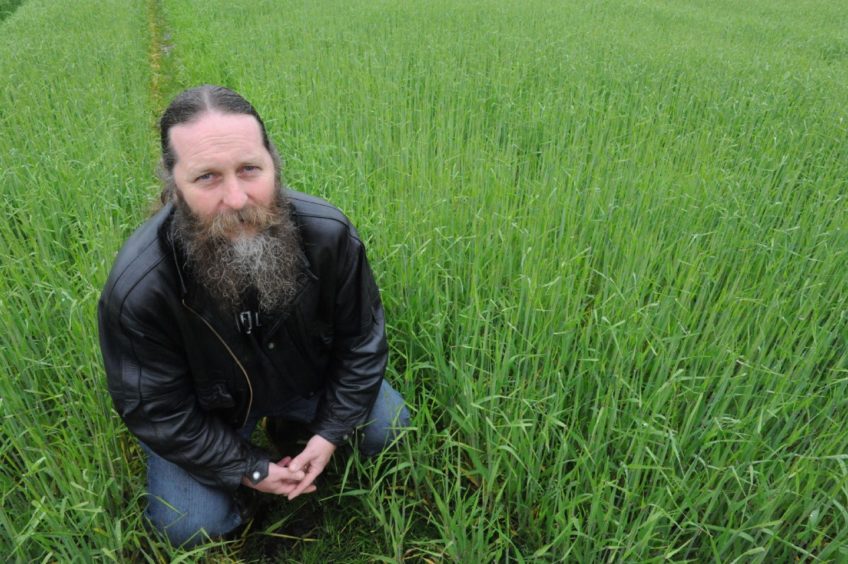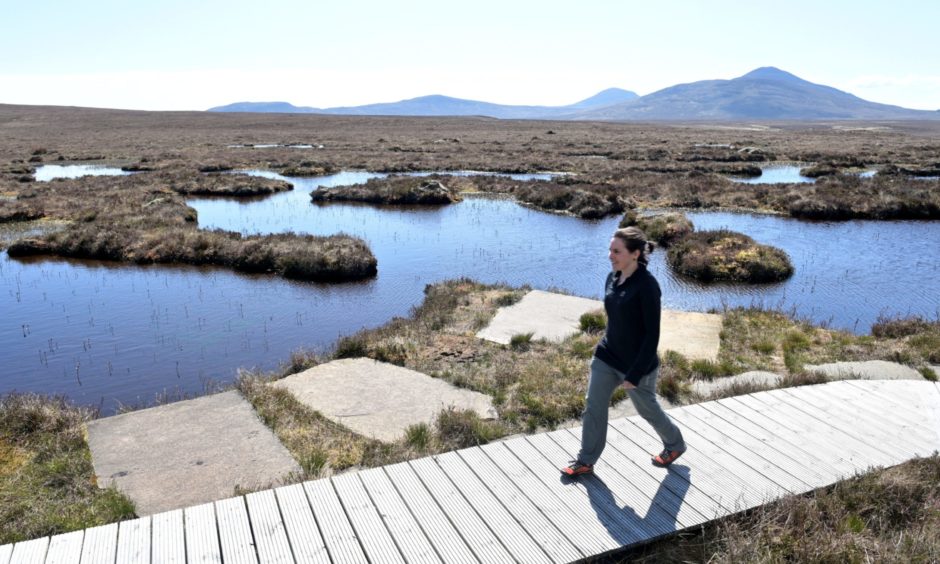Scotland doesn’t need to return to the “dark ages” to combat climate change, according to an Aberdeen professor recently appointed to advise the Scottish Government on the environment.
Pete Smith, professor of soils and global change at Aberdeen University, is one of 14 members of the newly-created First Minister’s Environmental Council.
The 56-year-old, from Collieston, has over his decades of studying climate change noticed significant changes in public perceptions of the problem, from outright denial to anger that governments aren’t acting quickly enough to cut down on emissions.
And although he acknowledged that big changes will need to happen soon to reduce Scotland’s impact on the planet, he argued that the quality of life for Scots won’t be worsened a result.
Climate change deniers ‘belong to the past’
He said: “The science hasn’t changed, we’ve known for 30 years that we need to take immediate action, but we didn’t take that action 30 years ago when we were banging the drum and saying we really needed to.
“So it’s really heartening to see now that when I give talks in the public, I don’t get people coming up to me anymore and saying they don’t believe in climate change.
“Those people sort of belong to the past now, because the world is moving on whether they believe in climate change or not, and the majority of people do believe in it.
“So rather than a pushback against the idea of climate change, what we’re getting now is a big push from the public saying we’re not going fast enough, and need to move more quickly.”
How will life change to meet net zero by 2045?
The Scottish Government has committed to a target of net-zero emissions of all harmful greenhouse gasses by 2045, with a target of 75% reduction by 2030.
This ambition will mean huge changes across many parts of everyday life, from what Scots eat, to how they commute, to how they stay cosy in the winter.
Pete continued: “I think it’s gradually dawning on people that things are going to have to change, but I don’t think it means going back to the dark ages.
“There will be changes to the ways we heat our homes, but it doesn’t really matter to people whether they have a gas boiler, or an electric heat pump, as long as their houses are warm.
“It will require big changes, but those changes will hopefully be implemented in a way that your quality of life won’t be adversely affected.”
What steps can you take to lessen your carbon footprint?
Pete explained that there are many little and large lifestyle changes Scots can make to reduce their personal impact on climate change.
He continued: “You can fly less, use more active transport like walking or cycling, use more public transport, and eat less meat and dairy and instead eat more plant-based foods, because that’s a big contributor to climate change.
“These are things you can do in your daily life, but there’s also big changes that we all make every few years.
“When you’re changing your car or changing your boiler, these big ticket purchases you only make every few years, think about changing to an electric car, or think about going for a heat pump that uses renewable electricity, these are both low-carbon options.
“There’s all sorts of things you can do, between how you travel to work, to what you put on your plate, that can make a big difference.”
He added: “Going back to choosing to eat more plant-based meals, in fact it actually makes you healthier to swap to a more plant-based diet, so it could help with the problems with health and obesity that our society has, as well as with climate change.”
What about the greenhouse gasses already in the atmosphere?
In his role as professor of soils and global change, Pete studies how various environments across Scotland can be used to capture greenhouse gases and store them safely away, which helps to combat climate change.
He highlighted how peatland in particular can, when properly protected, make a major difference, and pointed to work to restore bogs at Forsinard in Sutherland.
Pete said: “There’s been a lot of badly-advised tree planting during the 1970s on that peatland, and it has dried it out and caused the peatlands to be destroyed.
“Where they’ve been drained, the oxygen can now get in, and all of that carbon that was previously held in the peatlands, is now being oxidised.
“They can lose about 30 tonnes of carbon dioxide per hectare, per year.
“And to put that in perspective, the average family car emits around four tonnes of carbon dioxide per year, so every hundred by hundred metres of peatland is piddling out the carbon of several family cars every year.
“So we really need to address that situation, and by rewetting the peatlands, we can immediately switch off that big source of carbon dioxide going into the atmosphere, and in time, the peatlands can become carbon sequesters, and transition over decades into land that emits carbon to land that sucks it up from the atmosphere.
“So that’s the sort of thing we can do within Scotland to make a big difference.”



